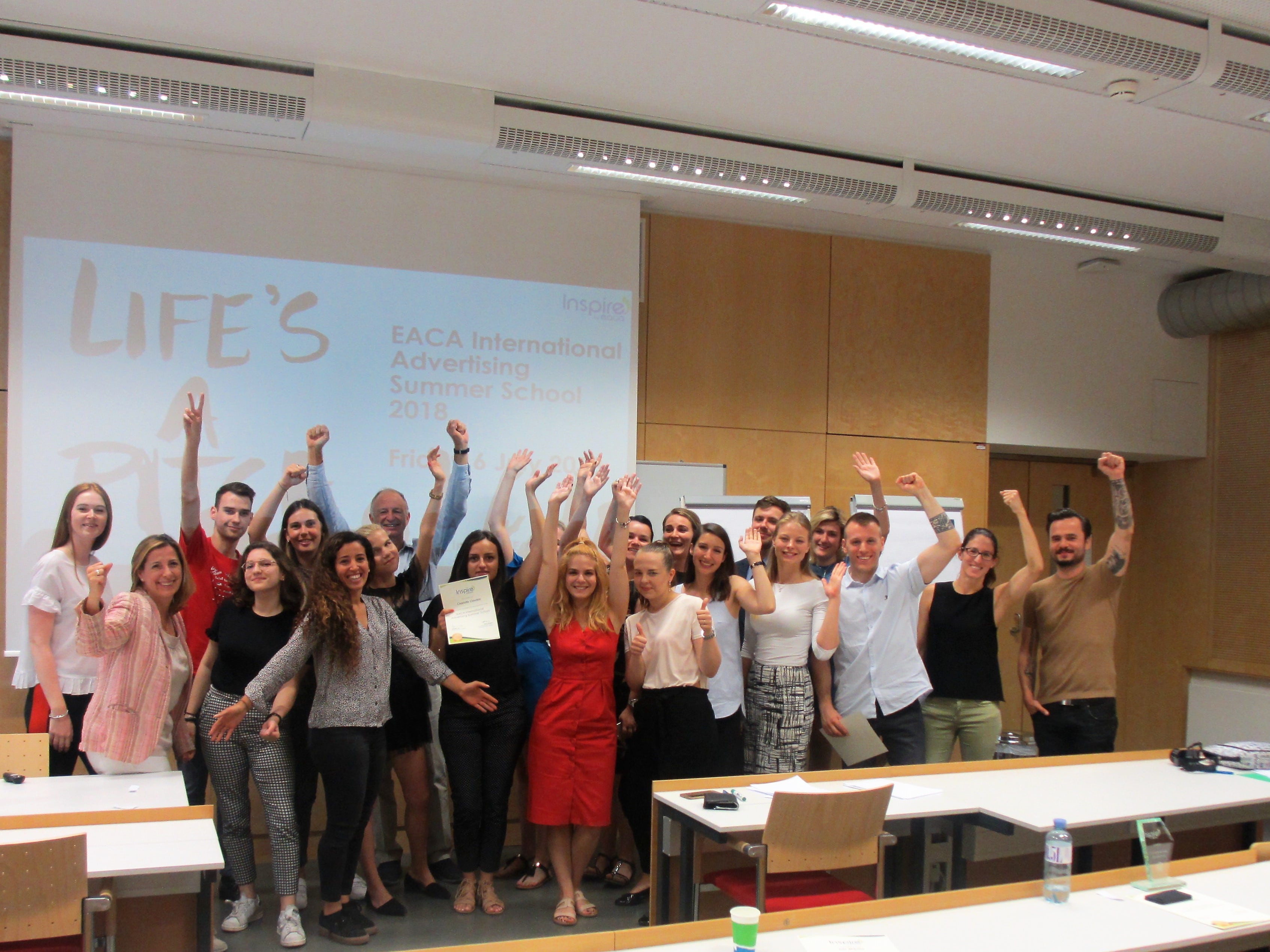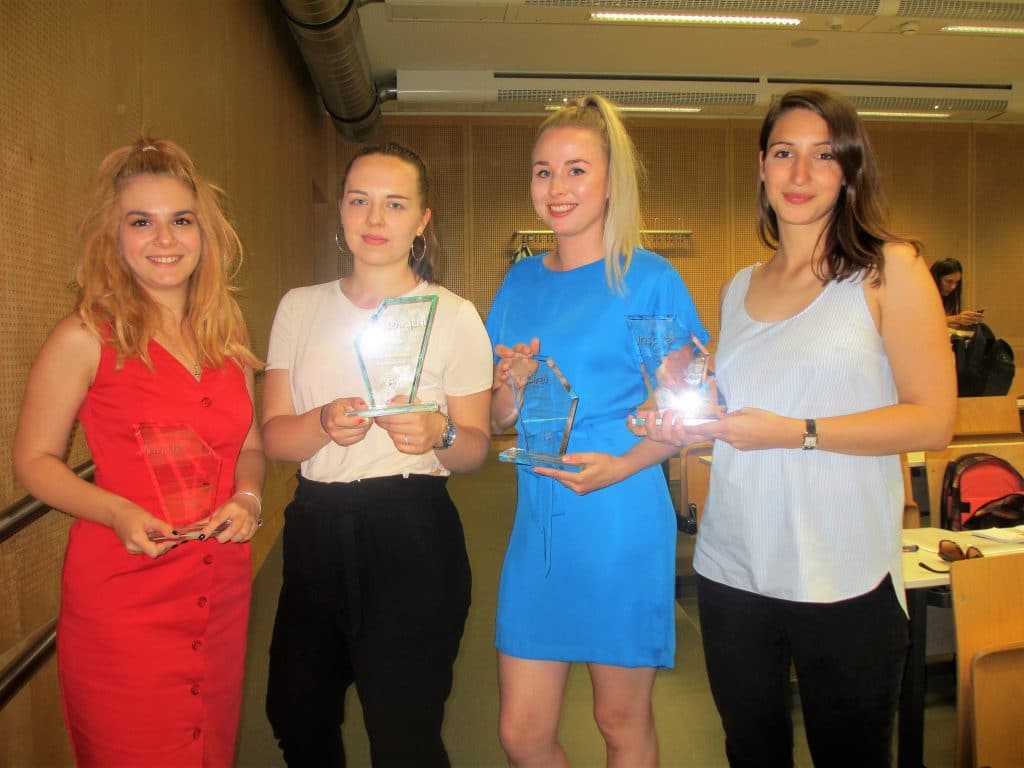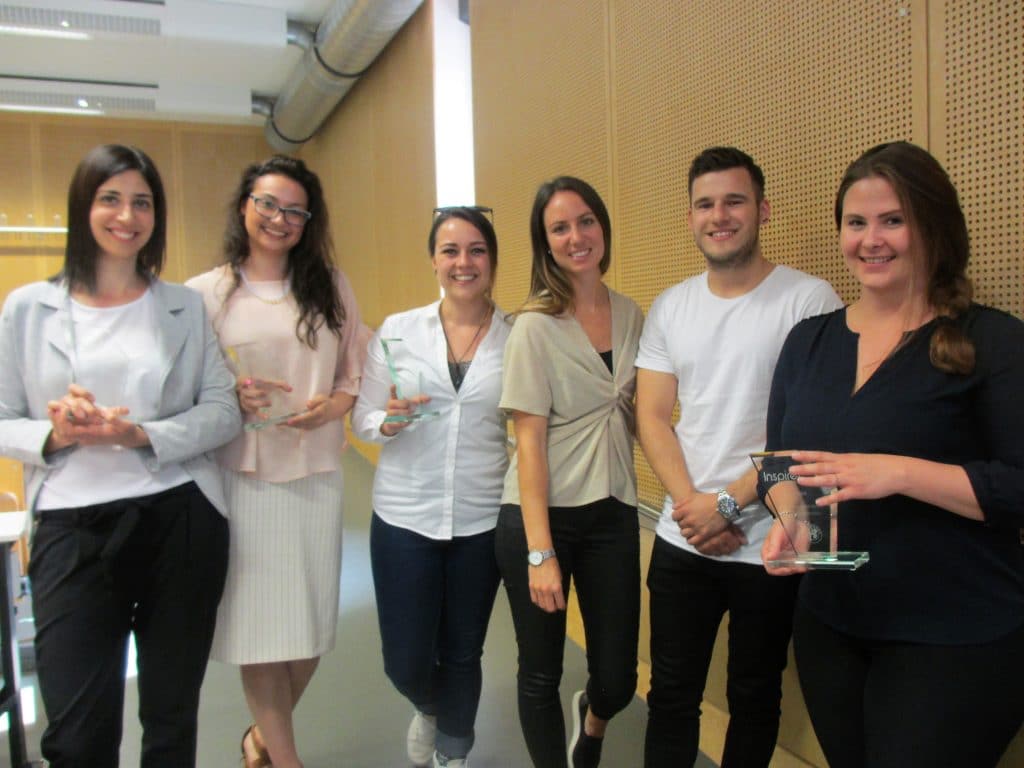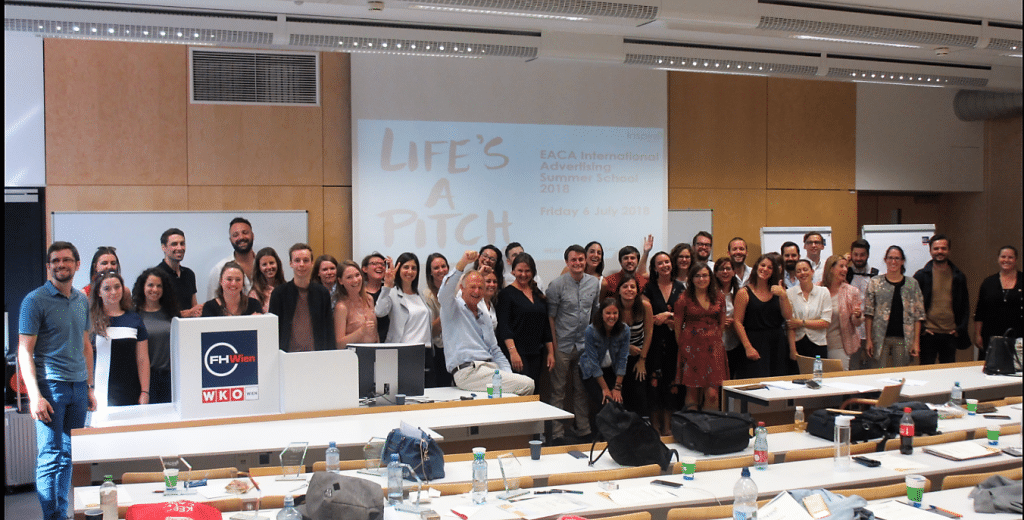During the week of 2nd July 2018, over 50 advertising and commercial communications students and young professionals from 17 countries took part in the 9th edition of the EACA International Advertising Summer School at the University of FH Wien, in Vienna, Austria.
The attendees represented a mix of students in the field of commercial communications and young professionals working in media, creative and digital agencies. They were challenged to create a campaign in international, multidisciplinary teams for this year’s client Alfa Romeo, the Italian car manufacturer. During the week, they also received workshops from leading advertising practitioners in mixed groups to gain an understanding of the advertising industry.
The client was looking for a campaign aiming to conquer a new market segment, 25-30 year old adults. Keeping in mind that, “Alfa Romeo is never just a machine. It is an extension of your soul”, the company wishes to have a new and fresh communication strategy to address a younger audience.
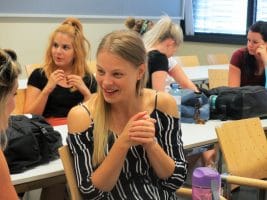
The groups worked on their pitches during the whole week, whilst attending workshops from industry experts. At the end of the week, the 10 teams presented their ideas and campaigns to their peers and the jury, which consisted of Micky Denehy (EACA), Louisa Böhringer (Österreichischer Werberat), Istvan Simon (Mama said no), Rössler Elisabeth (Alfa Romeo).
The winning Foundation team ‘Alfa 4’ convinced the jury with their campaign #getthevrrroom. The team decided to build their campaign around the fact that the Alfa Romeo brand gives customers the feeling of driving a sports car. With the hashtag #getthevrrroom, the campaign encouraged customers to hurry up and buy their own Alfa Romeo before they will have to face the silent future. When interviewed about their experience, the team commented that: “We feel very happy and we appreciate this week and the opportunity to work together. Also, we are delighted to have won our first trophy!”
The winning Advanced team ‘FHORCE’ had an impressive campaign called “Conquer the next generation of Alfisti”. With their main message “Never to young to..!” and their ingenious idea of giving people the option to “date their cars” on Tinder. The winning team commented: “It feels great to win! We worked very hard for it and we succeeded to impress the jury.”
All teams overwhelmed the judging panel with their creative ideas, their vitality when delivering the pitches and their passion for the advertising industry in general.
The next EACA International Summer School will take place at the beginning of July 2019.
– ends –
For further information, please contact:
Pauline De Pelsmacker
Education and Training Manager
EACA
+32 2 740 07 18
pauline.depelsmacker@eaca.eu
European Association of Communications Agencies (EACA), brings together the advertising, media and sales promotions agencies across Europe, enabling international experience and issues to be shared and dealt with on a pan-European basis. It provides an important link between agencies, advertisers and the advertising media in Europe and around the world and participates closely in the setting of standards in many aspects of the business across Europe.

